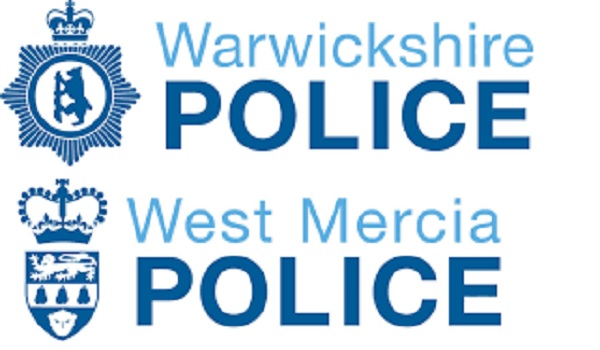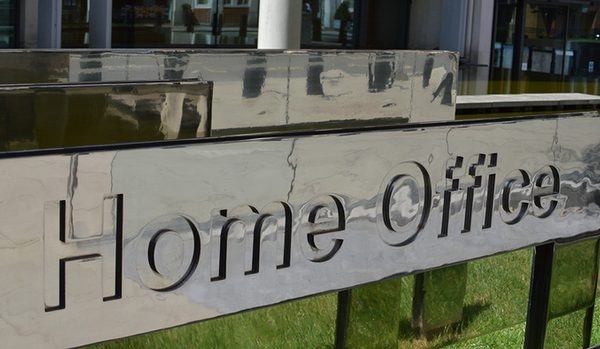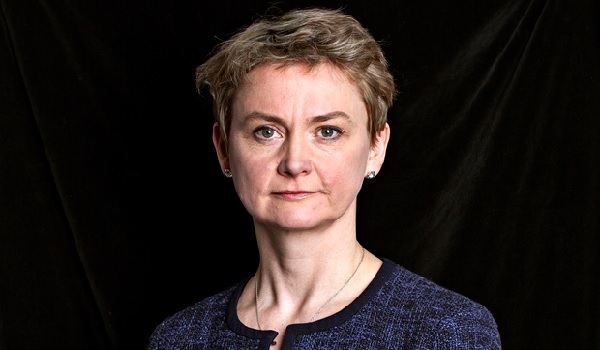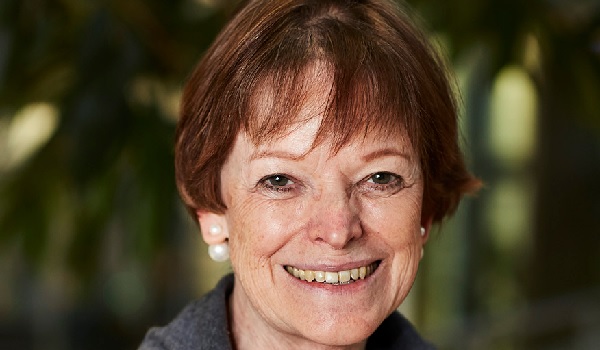New protocol to examine 'wider' picture of identifying patterns of stalking behaviour
A package of new measures have been unveiled to steer police and prosecutors in an “improved direction” on what constitutes stalking.
Policing and the Crown Prosecution Service (CPS) have launched a joint protocol helping officers to recognise the difference between stalking and harassment and respond more effectively.
Both agencies acknowledge that more needs to be done in assisting the criminal justice system’s response to cases, particularly around identifying patterns of behaviour rather than looking at incidents in isolation.
The measures – introduced by the National Police Chiefs’ Council (NPCC) and the CPS on Wednesday (May 23) – are a significant shift in the way such cases are dealt with now.
The joint protocol replaces the previous agreement introduced in 2014 by the CPS and the Association of Chief Police Officers.
It is one of several steps being taken in the wake of a joint Majesty’s Inspectorate of Constabulary and Fire and Rescue Services (HMICFRS) and Her Majesty’s Crown Prosecution Service Inspectorate (HMCPSI) report on the police and CPS response to stalking and harassment.
Over the next four months all CPS prosecutors will receive mandatory training on stalking and harassment, which has been developed following the inspectorates’ report.
NPCC Lead for Stalking and Harassment Deputy Chief Constable Paul Mills said following the publication of the HMICFRS and HMCPSI report in 2017, it was acknowledged that forces needed to change the way they dealt with stalking and harassment offences.
He added: “In the past, police too often looked at stalking incidents in isolation, meaning that we failed to consider the full picture of alleged offending and the associated risks.
“This protocol requires police and prosecutors to examine the wider circumstances in each case and identify patterns of stalking behaviour.
“It aims to improve the investigation and prosecution of stalking and harassment cases, while enhancing outcomes and keeping victims safe.
“Stalking and harassment offences can have a harrowing, life changing and long-lasting effect on victims. We are committed to bringing offenders to justice and safeguarding victims at the earliest opportunity. ”
CPS Lead for stalking and harassment, Joanna Coleman, added: “Stalking and harassment are often among the most complex offences that police and prosecutors deal with, and frequently involve victims who have faced harrowing experiences at the hands of manipulative offenders.
“Today’s protocol indicates a significant shift in how police and prosecutors are expected to respond to cases. By assessing the full context of an allegation, including the suspect’s behaviour and the cumulative impact that has had on a complainant, police and prosecutors will need to specifically answer why a case does not meet the description of stalking.
“Investigating and prosecuting these crimes requires a considered approach that looks beyond one-off incidents towards the pattern of behaviour, and how this has affected the safety and wellbeing of a victim and their family.
“Along with improved training and guidance, we hope this will lead to stalking cases being identified faster, and handled more effectively.”
A number of other steps are being taken to improve the police and CPS response to stalking and harassment cases. In addition to the refreshed CPS training, these include:
- Improving guidance for situations where pleas for harassment are accepted following a stalking charge;
- Improving guidance on restraining orders to ensure they are being used appropriately, and that victims are consulted;
- Strengthening the Single Point of Contact system, so that police and CPS leads on stalking fully understand the requirements and expectations of the role;
- An improved process for monitoring and reviewing how prosecutors deal with stalking and harassment cases; and
- Updated advice from the College of Policing for officers on stalking and harassment which is also being developed.
A new checklist has also been introduced for officers to complete as part of a referral to the CPS. It ensures victim safety is considered as a priority and requires officers to confirm that the case they are investigating is not a stalking case first and foremost.
Suzy Lamplugh Trust chief executive Rachel Griffin said she welcomed the fact that recommendations from the HMICFRS and HMCPSI stalking and harassment report were being taken seriously, and victim safety prioritised within the new guidance.
Stalking affects more than one million people every year, and has a significant physical and psychological impact on victims, causing serious distress, alarm and fear, she added.
“It is vital that professionals across the criminal justice system recognise and respond to concerning patterns of behaviours.
“We are pleased to see an increased focus on training and recognition of stalking. We hope that this will improve understanding of this insidious crime across the country, and lead to more early identification and responses to stalking.”
The new protocol announcement comes within days of the Metropolitan Police Service (MPS) Commissioner Cressida Dick spearheading a new multi-agency approach aimed at stopping stalking “incidents” from escalating into violence.
Putting “victims at the heart of what we do”, the MPS will ‘drive’ the specialist Stalking Threat Assessment Centre in England and Wales in partnership with Barnet, Enfield and Haringey Mental Health NHS Trust (BEH).
Meanwhile in Scotland, new legislation is being proposed to spare stalking victims time-consuming and costly civil actions against their alleged perpetrators by allowing police to apply for stalking protection orders.







